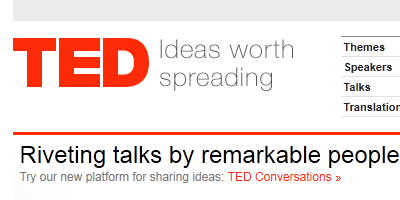 You probably already know you should be using video to attract readers to your website, but you might not know how easy and quick it is. Publishing video on your site is like a client magnet.
You probably already know you should be using video to attract readers to your website, but you might not know how easy and quick it is. Publishing video on your site is like a client magnet.
Trust me on this, you don’t need to buy expensive tools and hire a producer. It’s the best way to get new viewers to your website and blog. (And it’s really easy when you use a monthly production service like I do: iMotionVideo, who does it all for me!)
But what if you want to do it yourself? What are the basics you need to know? How can you learn to use video quickly?
This week, when two of Tom Antion‘s people called me up with an offer of a free webinar on video marketing, I immediately saw the value in sharing these video tips with you.
I asked them to deliver this webinar exclusively for professionals who don’t have a lot of time for marketing tactics.
Join me, along with Colin Martin and Marc Bullard, in a free webinar next Thursday, May 19, 2011 at 5:00pm ET to learn the secret tactics successful marketers are using on free hosting sites such as YouTube that are bringing an avalanche of traffic to their websites.
Register to attend and get the recorded webinar here:
http://bit.ly/jfLTBt
Online video is THE most powerful tool on the Internet for driving traffic to your websites and services. Search engines are focusing on online video to deliver the content their customers are looking for and have even changed their search parameters to push video to the top of the search results. Read More→











